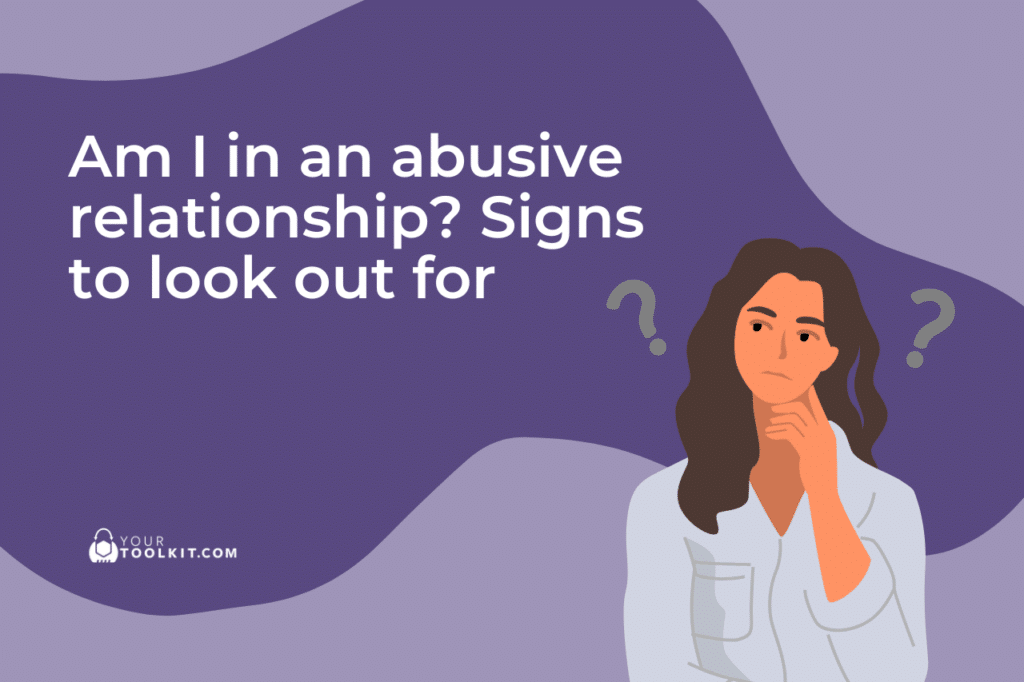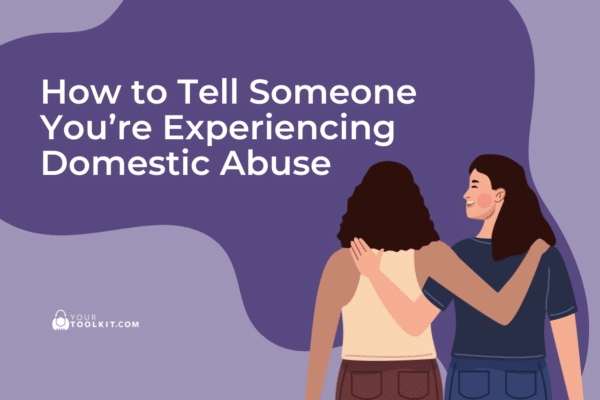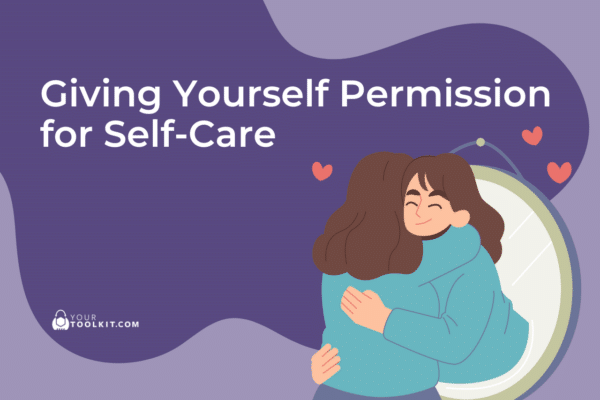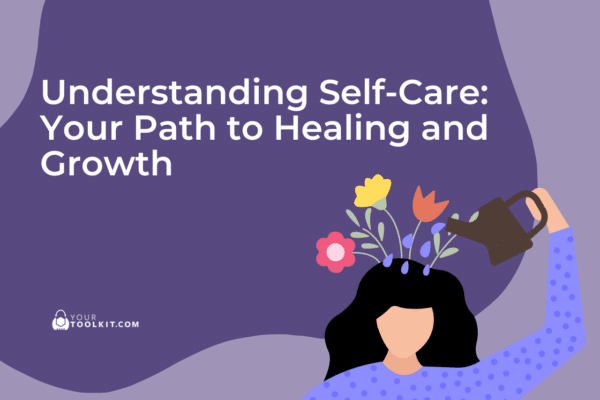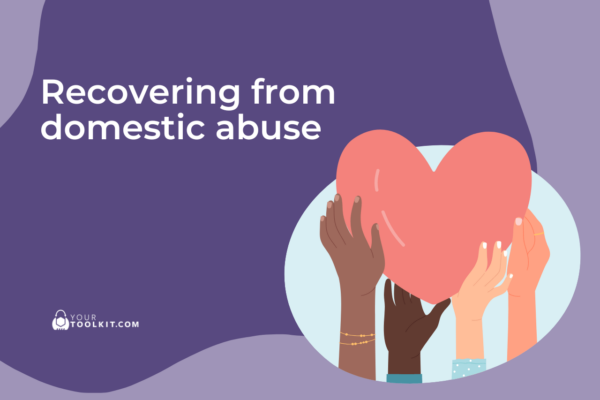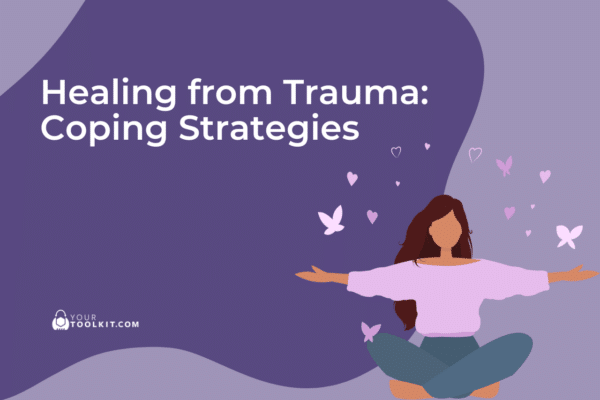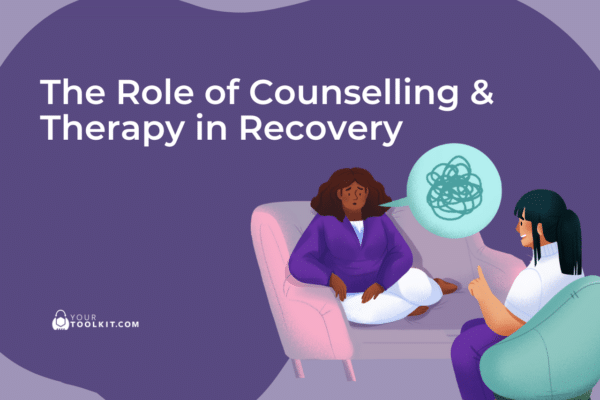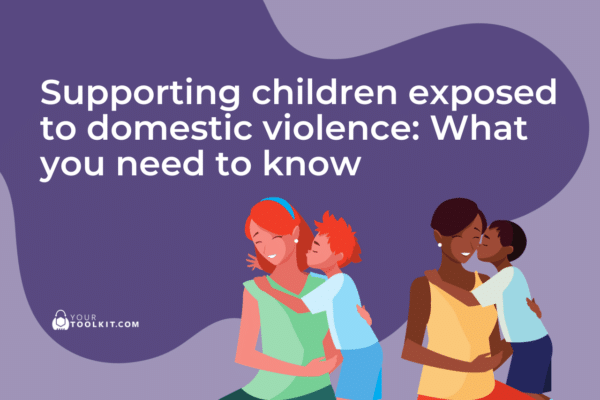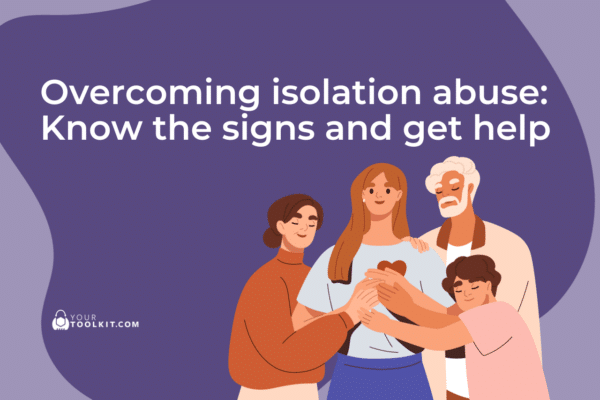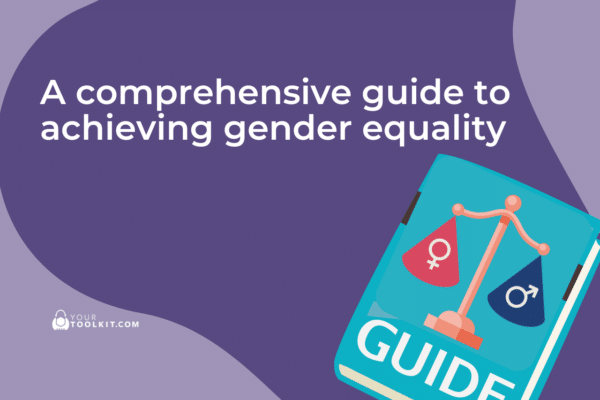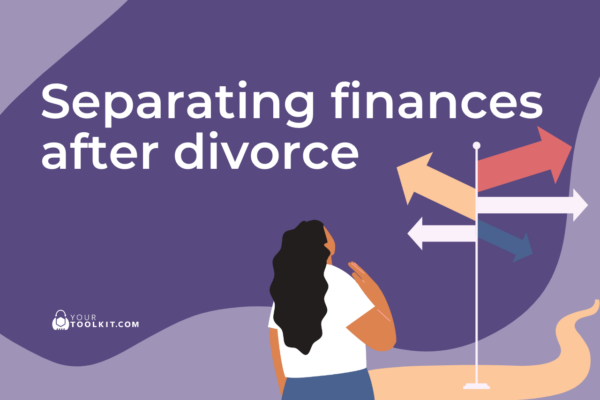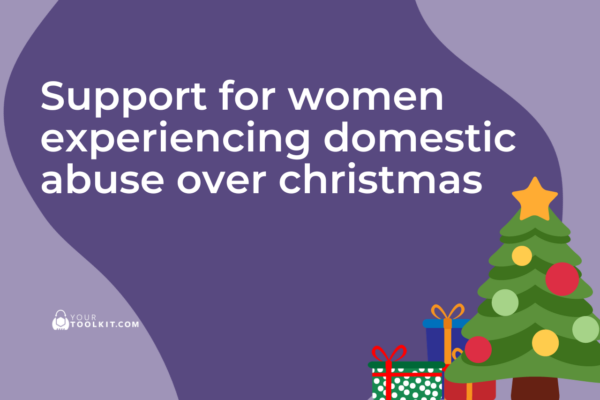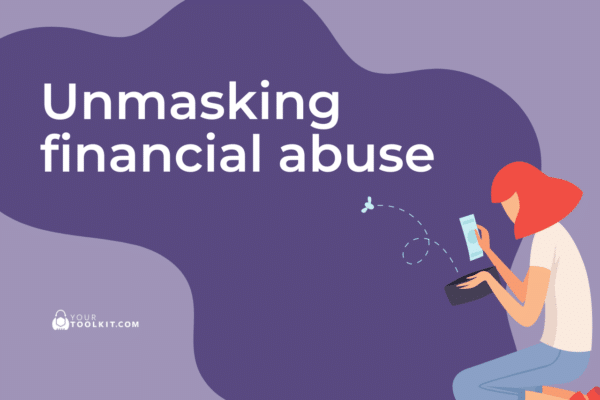Are you trapped in an unhappy relationship with a controlling partner, and wondering if your partner’s behaviour is normal? For many women, it isn’t always easy to recognise that certain unhealthy and controlling behaviours in their relationship are abusive. This type of controlling behaviour is often called coercive control.
Here are some signs of coercive control:.
- Monitoring You: Your partner needs to know what you’re doing whenever you’re not with them. They want to know where you are, who you’re with, and expect that you pick up their calls or respond to their texts immediately.
- Stopping Your Freedom: They don’t give you any privacy and want to know your passwords to your email and social media. They may stop you from going to work or school.
- Isolating You: Your partner discourages you from spending time or building relationships with your friends, and family. Whilst they may physically move you away, they may also try to come between you and your family by telling them you don’t want to see them, or the other way around. If you have children, they may try to turn the children against you by telling them you are a bad parent, or belittling you in front of them.
- Controlling Your Finances: Your partner strictly controls how much money you can spend. They limit your access to bank accounts and credit cards. They may hide money or other resources from you and don’t let you know what your financial situation is.
- Controlling Your Body: Your partner tells you what to eat, when to sleep, how much time you can spend in the bathroom. This can extend to requiring you to exercise in a certain way and whether you are allowed to take certain medications or get medical care.
- Controlling Your Sexual Relationship: Your Partner may dictate your sexual activity, forcing a certain type, or a certain number of relations each week. They might refuse to take precautions such as wearing a condom or might take photos of videos of you in situations that you are not comfortable
- Putting You Down: Your partner belittles and humiliates you in front of others. Sometimes this may involve insulting “pet names” that they say are meant affectionately but feel insulting and demeaning to you. When you try to talk about something that is important to you, they are dismissive and uninterested. They may ignore you, roll their eyes, mock you or say that you’re making a big deal out of nothing.
- Gaslighting You: Your partner must always be right, and will manipulate you to question your own thoughts or memories, and in some cases, sanity. They will insist it’s always your fault when things go wrong, and you might feel increased anxiousness and loss of confidence.
- Making Jealous Accusations: Your partner is unjustifiably jealous, and accuses you of flirting with other people or cheating on them. This includes in person or in other forms of contact such as social media.
- Threatening Those Close To You: Your partner may use threats against your children, family members or family pets in an attempt to control you.
Many women who experience these behaviours are inclined to think that these are just relationship problems, but don’t realise that these are very common behaviours exhibited by abusers.
—-
If this sounds familiar to you, we encourage you to read more from Your Toolkit which is a free online resource containing information about keeping safe, finding appropriate support and services and personal money matters. If you are considering whether to leave your partner, or are concerned about your safety you can start here to learn more. If you find yourself in an emergency situation, the Act Now section contains information about leaving home and where to get help.
If you’re not experiencing an abusive relationship thank you for educating yourself and becoming an ally. We encourage all supporters to share our content on social media, access our information and most importantly #tell3 people what you’ve learnt. Domestic violence is often suffered in silence, so any effort to create an open dialect is an opportunity to support your family and friends, who you might be going through something similar.
